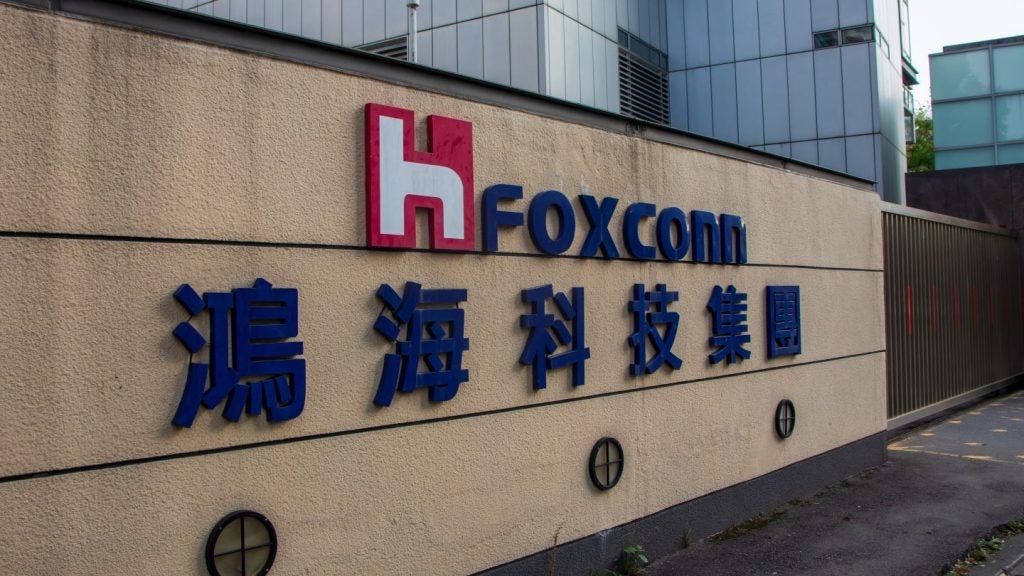
Technology can be pretty great. This year alone, tech is being used to improve the lives of dementia patients, bring museums back to life, fight fake news, and help brewers make better beer.
On the other hand, there are so many things that have gone wrong in the world of tech this year.
The biggest technology fails of 2017
1. Uber fails
2017 started in an explosive way for Uber. It started with #DeleteUber when the firm turned off surge pricing near JFK Airport in New York during a taxi drivers’ protest over the introduction of Trump’s Muslim ban.
Then in February, former engineer Susan Fowler released a damning report detailing sexual harassment at the startup.
And it all snowballed from there.
Co-founder and chief executive Travis Kalanick was forced to resign, though he still remains on the board; details of the cover up of a massive hack in 2016 came out, including details of the $100,000 payment made to the hacker not to release the information; and the company is battling regulations across the world left, right and centre.
How well do you really know your competitors?
Access the most comprehensive Company Profiles on the market, powered by GlobalData. Save hours of research. Gain competitive edge.

Thank you!
Your download email will arrive shortly
Not ready to buy yet? Download a free sample
We are confident about the unique quality of our Company Profiles. However, we want you to make the most beneficial decision for your business, so we offer a free sample that you can download by submitting the below form
By GlobalDataThis is without even going into details about the self-driving lawsuit is battling against Google’s Waymo over the theft of intellectual property. In addition, information came out this week over its usage of corporate espionage tactics against rivals including Lyft.
Uber is the second-most valuable private company in the world, with a valuation of nearly $70bn. Yet, to say it has some major issues is an understatement.
2. IPO fails
Snap Inc and Blue Apron, two poster children of the early 2010s startup scene, faced rough times after going public this year.
The food subscription service Blue Apron went public with a valuation of around $3.2bn. But this was before Amazon bought Whole Foods and upended the food industry, causing Blue Apron shares to fall. In addition, its first results since its IPO revealed a decline in customers and a bigger than expected quarterly loss.
Snap, on the other hand, was worth the same as Deutsche Bank when it went public earlier this year. However, since then losses have amounted to $2.6bn and it’s had a slowdown in user growth. It also had to take a hit of $40m as its Spectacles flopped.
Rob Kniaz, founding partner at early-stage investor firm Hoxton Ventures, told Verdict:
“Snap and Blue Apron were the poster children for companies that weren’t IPO-able.”
3. Startup fails
Sometimes, the tech scene can often feel like startup saturation. The best example in 2017 goes to Juicero, a juice press startup that failed on a massive scale.
Juicero wanted people to pay $699 for a high-end tech-savvy juicer and then a further $5 to $8 for the juice pouches that were fitted into the juicer to create the juice. This was rather difficult, but the startup had over $120m in funding from various venture capitalists.
Then Bloomberg published a piece in April, about how consumers could simply squeeze the juice pouches by hand to get juice, negating the need for the $699 juicer.
It’s safe to say, Juicero folded in early September.
Second place goes to Bodega, the startup that wanted to replace corner shops in the UK, also known as bodegas in the US, with vending machines. As you can imagine, this did not go down well.
4. UK startup fails
We’ve poked fun at US startups but things haven’t been easy for UK companies too. The biggest failure of 2017 was the mess that became Ve Interactive.
Named one of the UK’s most promising startups, and with a unicorn valuation of £1.5bn, the advertising technology company was bought in a pre-pack administration for only £2m earlier this year.
Founder and chief exec David Brown was pushed out in April before declaring bankruptcy. Almost 1,000 employees were left wondering about their jobs and investors lost their money.
According to The Telegraph, administrations might pursue Brown and co-founder Kathy Heslop to retrieve the £77m in funds owned to 94 creditors.
Here’s how Ve Interactive failed so spectacularly, by FT Alphaville.
5. Bitcoin fails
Bitcoin may have hit nearly $20,000 in price, but this only makes it more attractive to hackers. A cryptocurrency marketplace, NiceHash, had nearly $64m worth of bitcoin stolen in a hack earlier this month.
As well, issues have been raised by financial regulators across the world, concerned about the rise in cryptocurrencies and their volatility.
The SEC in the US temporarily suspended trading on a small firm named Cyrpto Company. The firm’s share price rocketed by 2,700 percent after it added ‘Crypto’ to its name and signed a deal to buy a cryptocurrency data platform.
This doesn’t bode well for the stability of digital currencies like bitcoin.
6. Gender diversity fails
2017 felt like the year the tech industry finally woke up and realised it had a problem with gender diversity. This was also helped by the publication of the Google Memo, written by then software engineer James Damore, which stated that the biological and psychological differences in men and women make men more suited to working in tech.
It caused a huge storm of opinions online: was Damore right, was he wrong? Was Google wrong to fire him, was Google right to do so? Does tech have a problem with women?
Recode published a great piece on the matter by two gender and STEM researchers that discuss the arguments laid out in the Google Memo.
It raised some difficult questions for the industry to face, particularly in the same year that #MeToo has been so prominent. And we all know companies perform best when women are strongly represented at senior levels.
7. Security fails
Hackers have had a great year in 2017. In particular, 2017 had some of the biggest global hacks to take place: WannaCry and NotPetya.
WannaCry, which took place in May, was a malware attack that took down over 300,000 computers across the world, including the UK’s National Health Service. It’s widely considered that North Korea was behind WannaCry, and this week the US officially blamed Pyongyang for the attack.
As well, there was NotPetya. This attack hit in June and was very similar to the WannaCry malware except it focused on different countries and companies. Thought to be carried out by Russia, the mawalre took down most of the government agencies and private firms in the Ukraine.
What did this teach us? Don’t download email attachments you don’t recognise and get a password manager.







